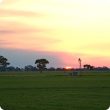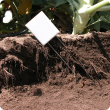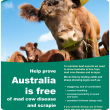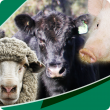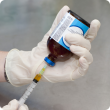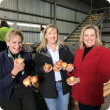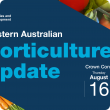Filter by regions:
- (-) Remove Perth regions filter Perth regions
- (-) Remove Pilbara filter Pilbara
- Mid West (143) Apply Mid West filter
- Great Southern (142) Apply Great Southern filter
- Peel (141) Apply Peel filter
- South West (141) Apply South West filter
- Gascoyne (140) Apply Gascoyne filter
- Wheatbelt (140) Apply Wheatbelt filter
- Goldfields-Esperance (138) Apply Goldfields-Esperance filter
- Kimberley (137) Apply Kimberley filter




